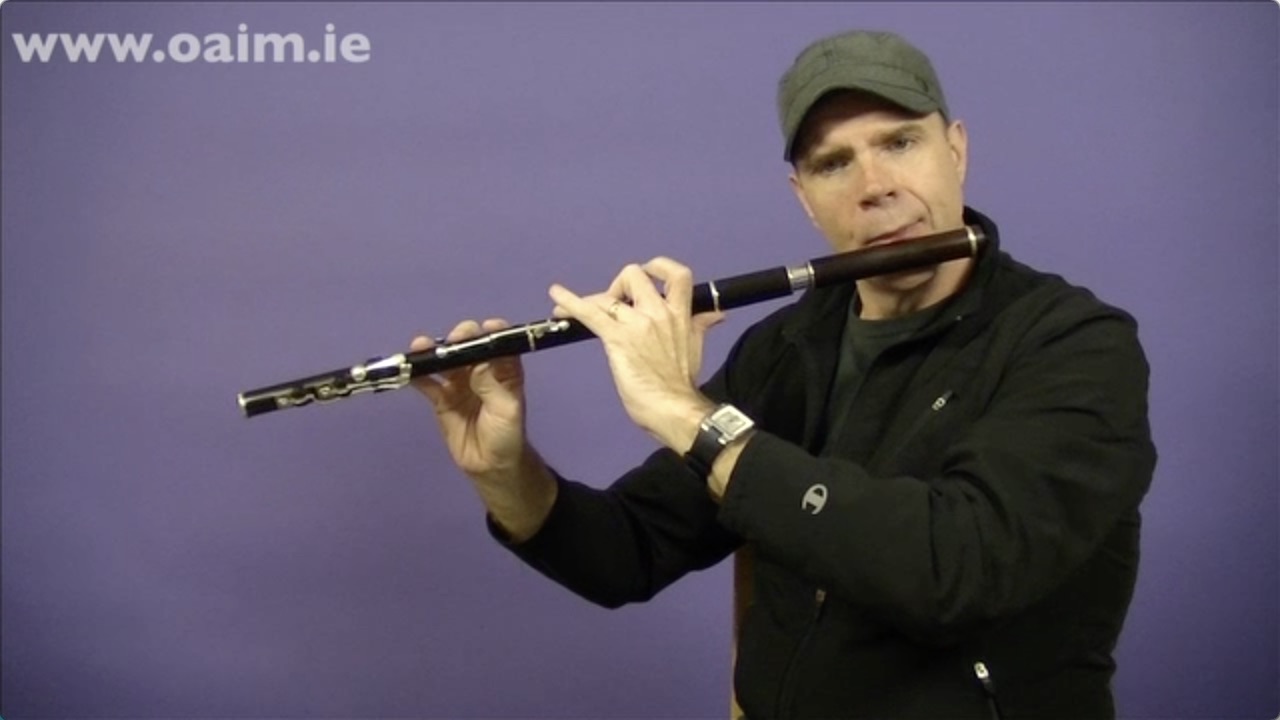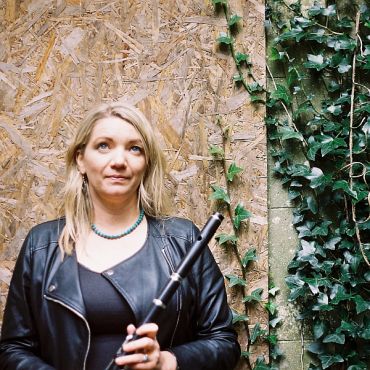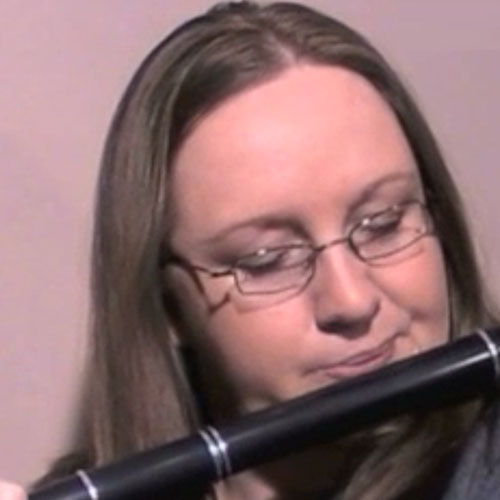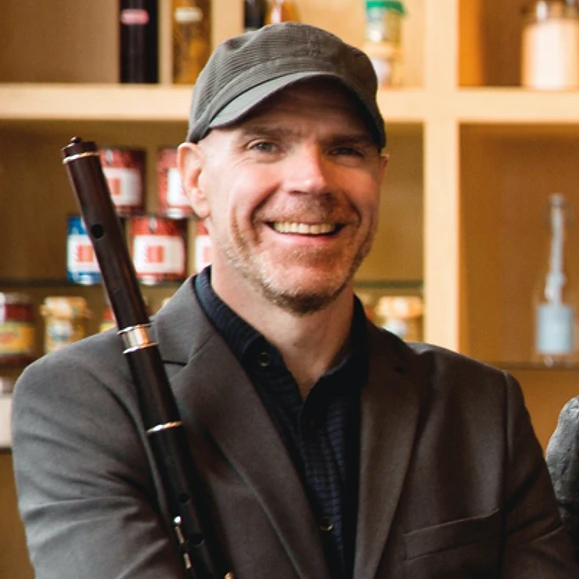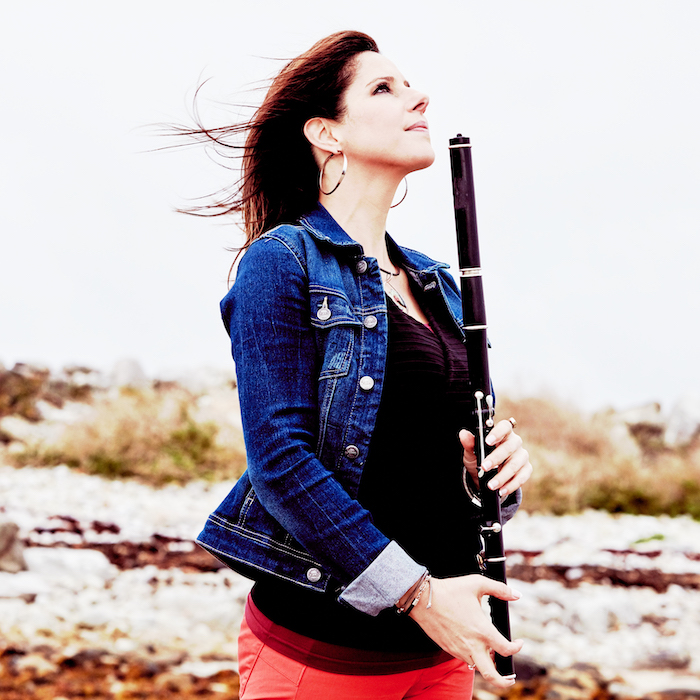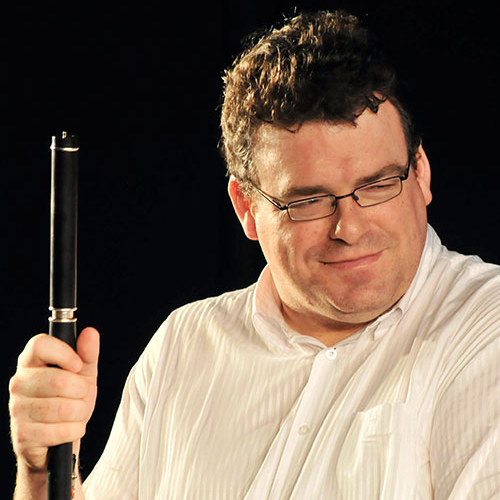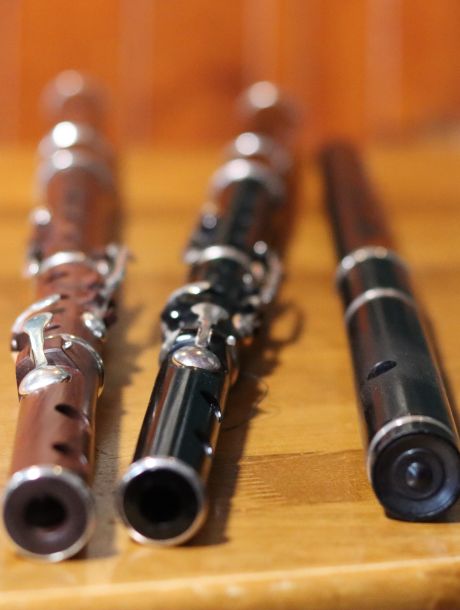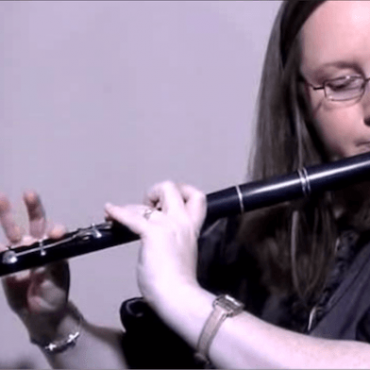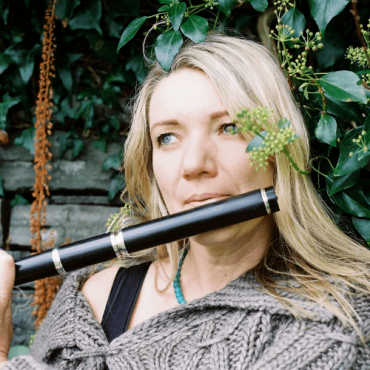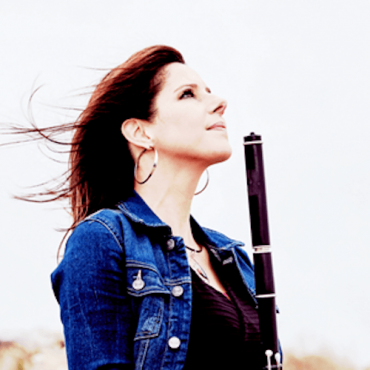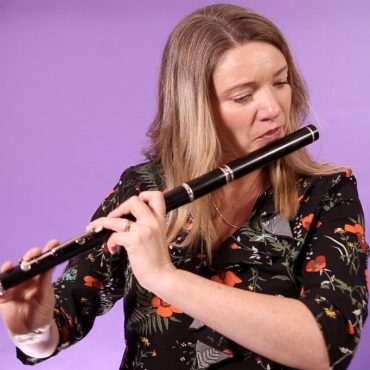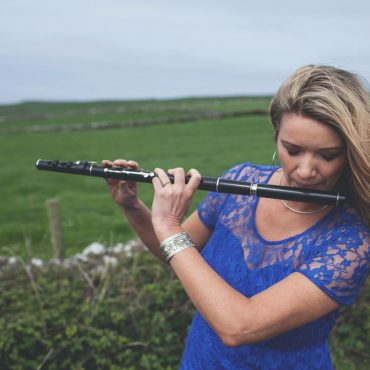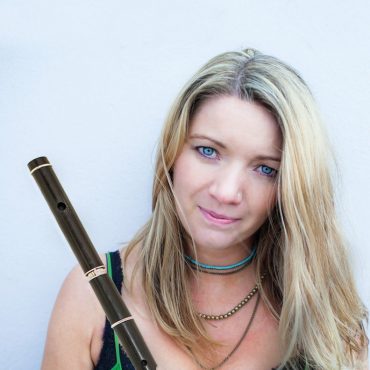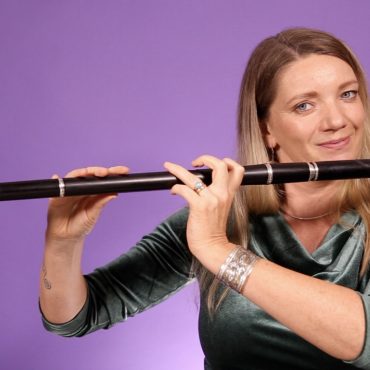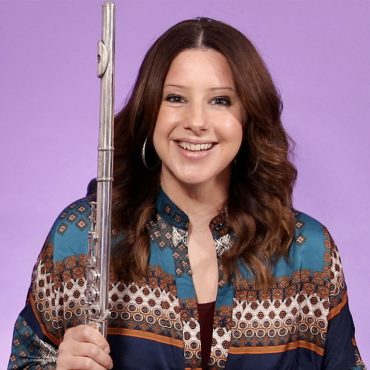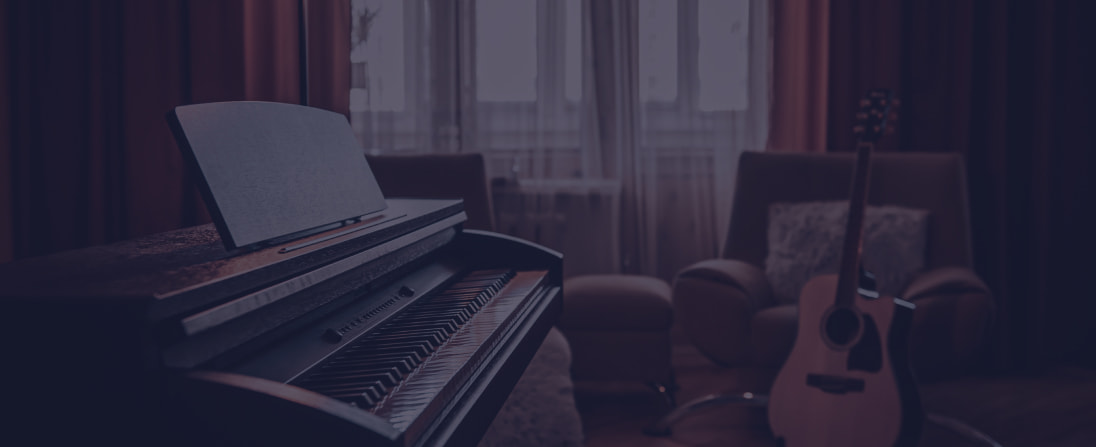Learn Irish Flute Online from Ireland's Finest Musicians
There is something magical about Irish music played on the flute. Naturally, many styles of playing have developed over the decades – the breathy styles of Leitrim, the bouncy Belfast sounds and the smooth fluid style of East Galway. OAIM presents basic courses for the complete beginner given by Steph Geremia and Kirsten Allstaff. You can then expand your repertoire with Majella Bartley’s Fleadh Tunes for the Flute, or challenge yourself with the technical wizardry of Lunasa’s Kevin Crawford and the idiosyncratic Niall Keegan! Or focus on reels with our bumper course from Kirsten Allstaff. We even have a course focused on playing Irish music on the silver flute with Steph Geremia, so there truly is something for everyone. Scroll down to see the wonderful choice of flute courses.
Try it for free, Cancel anytime
- 18 lessons teaching how to play 13 very popular Irish tunes
- PDF sheet music & mp3’s to download & keep for each tune
- Progress at your own pace, pause & repeat videos
- Access to 14 instruments, 60+ courses, 1000+ tutorials
- Access on all your devices
- 14-day free trial. Cancel anytime
